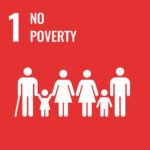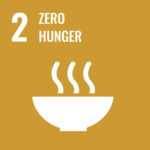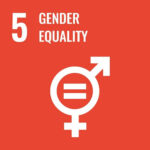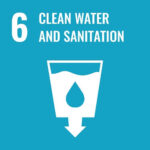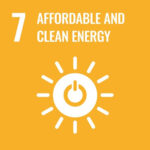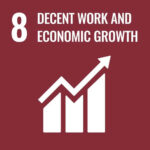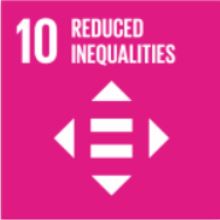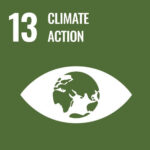Contribution to National Sustainability
ABAD strategic focus aims to foster sustainable livelihoods in Pakistan by tackling key challenges faced by Pakistan such as food, water, poverty and gender equality.
The importance of agriculture to Pakistan’s economy cannot be overstated. The sector adds 23% of the value to national GDP, and absorbs 37% of the national labour force. Of this, 65% of the female labour force is engaged in agricultural activities.
Despite it being among the top ten global producers of wheat, sugarcane, cotton, rice and dairy, Pakistan’s ranking on the Global Hunger Index (GHI) is 92 out of 116. Moreover, Pakistan is facing an acute water shortage with the rural areas most affected by water scarcity. Coupled with the poor socioeconomic indicators and social inequality in the rural agricultural heartlands, these numbers paint a daunting picture of food and human security in Pakistan.
Contribution to Global Sustainability
ABAD’s vision in Pakistan is closely aligned with major International priorities, such as the Paris Agreement on Climate Change, the Sendai Framework for Disaster Risk Reduction, and the UN 2030 Agenda for Sustainable Development.
The United Nations’ Sustainable Development Goals No. 1 to end poverty, No. 2 to end hunger and promote sustainable agriculture, No. 5 to achieve gender equality and empower all women and girls, No. 6 for Clean water and sanitation, No. 7 for affordable and clean energy, No. 8 to facilitate decent and productive work opportunities for all to achieve sustainable economic growth, No. 10 to reduce inequalities, No. 12 to ensure sustainable production and consumption patterns, No. 13 to take urgent action to mitigate climate change and No 16 to work for Peace, Justice and strong institutions.
